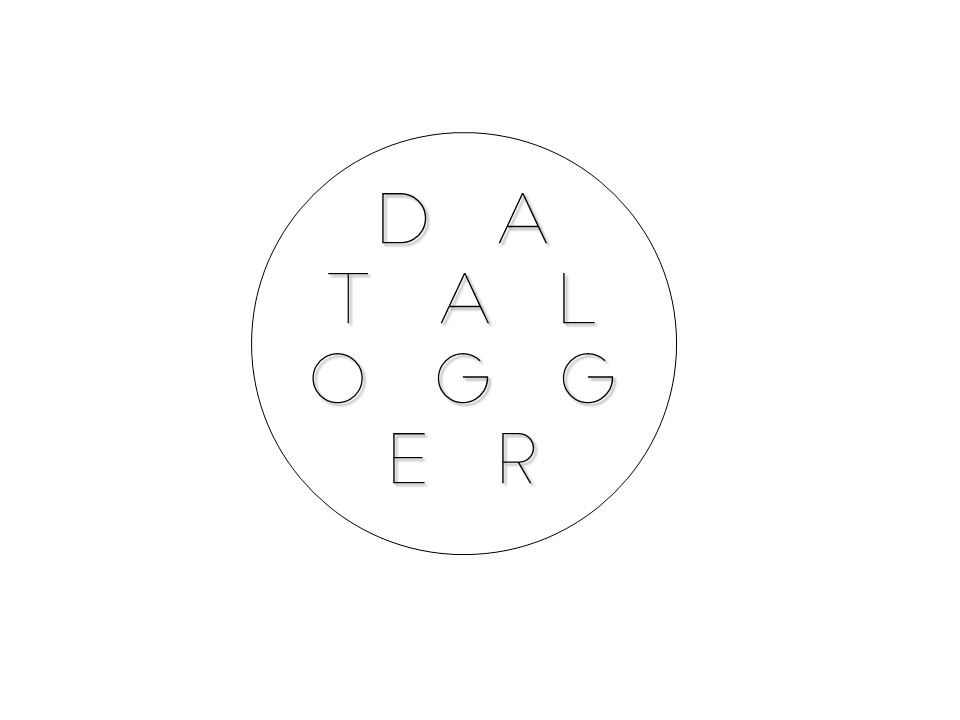Assignment
Develop a plan for dissemination of your final project
Prepare a summary slide (presentation.png, 1280x1024) and video clip in your root directory
Invention, intellectual property, and income
Tropica Data Logger can be a Network project, especially if the device can be developed with an affordable technology, the goal would be to implement it in Central American cities.
The challenge in this project is to make the Data Logger functional, for it is serving a prototype to check that all its components work, but the success is not in making the device work well, if it does not matter much that the data that Can be interpreted for use by anyone, that is why I also saw fit to develop the design of the user interface. From the projects I've analyzed, the Open Source Building Science Sensors (OSBSS) data loggers show that they can be economical, buying components with US vendors, the problem is for countries like Guatemala that do not have direct sellers because Components must be purchased by intermediaries.
In this assignment, it is important to review concepts such as Intellectual property, patents, open source, creative commons, etc. In addition, for the purpose of the project and the potential that it may have I have considered that it is best to be Creative Commons. The recommended license type has the following characteristics:

Tropica Data Logger by Luis Fernando Castillo is licensed under a Creative Commons Reconocimiento-NoComercial-CompartirIgual 4.0 Internacional License.
Attribution-NonCommercial-ShareAlike 4.0 International (CC BY-NC-SA 4.0)
You are free to:
Share — copy and redistribute the material in any medium or format
Adapt — remix, transform, and build upon the material
The licensor cannot revoke these freedoms as long as you follow the license terms.
Under the following terms:
Attribution — You must give appropriate credit, provide a link to the license, and indicate if changes were made. You may do so in any reasonable manner, but not in any way that suggests the licensor endorses you or your use.
NonCommercial — You may not use the material for commercial purposes.
ShareAlike — If you remix, transform, or build upon the material, you must distribute your contributions under the same license as the original.
No additional restrictions — You may not apply legal terms or technological measures that legally restrict others from doing anything the license permits.
Notices:
You do not have to comply with the license for elements of the material in the public domain or where your use is permitted by an applicable exception or limitation. No warranties are given. The license may not give you all of the permissions necessary for your intended use. For example, other rights such as publicity, privacy, or moral rights may limit how you use the material
DATA - open/commons/mapping
Tropica Data Logger expects
Open Data The concept of open data is a philosophy and practice that seeks to ensure that certain types of data are freely available to the world, without restrictions on copyrights, patents or other control mechanisms
Data Mapping is the process of creating data element mappings between two distinct data models. Data mapping is used as a first step for a wide variety of data integration tasks
Open Data Commons: Much of the potential value of data is to society at large - more data has the potential to facilitate enhanced scientific collaboration and reproducibility, more efficient markets, increased government and corporate transparency, and overall speed discovery and understanding of solutions to Planetary and societal needs. A large part of the potential value of data, in particular its society-wide value, is realized by use across organizational boundaries. How does this occur legally? Many sites give narrow permission to use data via terms of service. Much ad hoc data sharing also occurs among researchers. And increasingly, sharing of data is facilitated by distribution under standard, public legal tools used to manage copyright and similar restrictions that might otherwise limit dissemination or reuse of data, e.g. CC licenses or the CC0 public domain dedication.
Many organizations, institutions, and governments are using CC tools for data.
